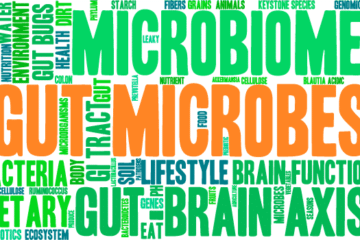

(April 21, 2016) In an article from the University of Alberta, titled “The Fiber Gap and the Disappearing Gut Microbiome: Implications for Human Nutrition,” authors provide an overview of the evidence regarding dietary fibers and the microbiome. The article, which was published in Trends in Endocrinology and Metabolism, reviews data...
Read More
MYTH: Low-calorie sweeteners, such as aspartame, promote Metabolic Syndrome, glucose intolerance, and increased risk of diabetes. FACT: Aspartame has no effect on blood sugar levels; it has been declared safe for people with diabetes. [su_table] Human Clinical Trials Maersk et al, AJCN, 2012 (http://ajcn.nutrition.org/content/95/2/283.full.pdf+html) Overview 6-month intervention, (RCT), n=47...
Read More
MYTH: Low-calorie sweeteners, such as aspartame, increase desire for sweets, promote hunger, and decrease satiety. Claim: By “confusing” our taste preferences, leading to altered taste perception and a preference for high-calorie ad sweet-tasting foods and beverages. FACT: Studies on humans (as opposed to rats) show that including low-calorie sweeteners like...
Read More
Myth: Low-calorie sweeteners, such as aspartame, cause weight gain. FACT: Trial after trial consistently demonstrates that substituting aspartame and other low cal sweeteners for caloric sweeteners are associated with modest weight loss. [su_table] HUMAN CLINICAL TRIALS -- Modest weight loss with substitution of diet products/beverages Blackburn et al, AJCN,...
Read More
By: Dr. Keri Peterson, MD -- Health care providers are in an ideal position to talk to patients about the important topic of weight management because of the many health consequences associated with overweight and obesity. Keri Peterson, MD and scientific advisor for the Calorie Control Council noted that “While physicians...
Read More
March 21, 2016 Results of a new study by the Ramazzini Institute are at odds with the wealth of scientific studies and regulatory opinions confirming that sucralose is safe and approved for use in foods. The study, published online in the International Journal of Occupational and Environmental Health, alleges an...
Read More